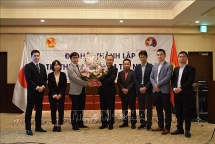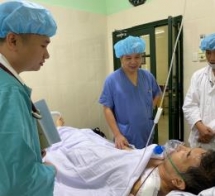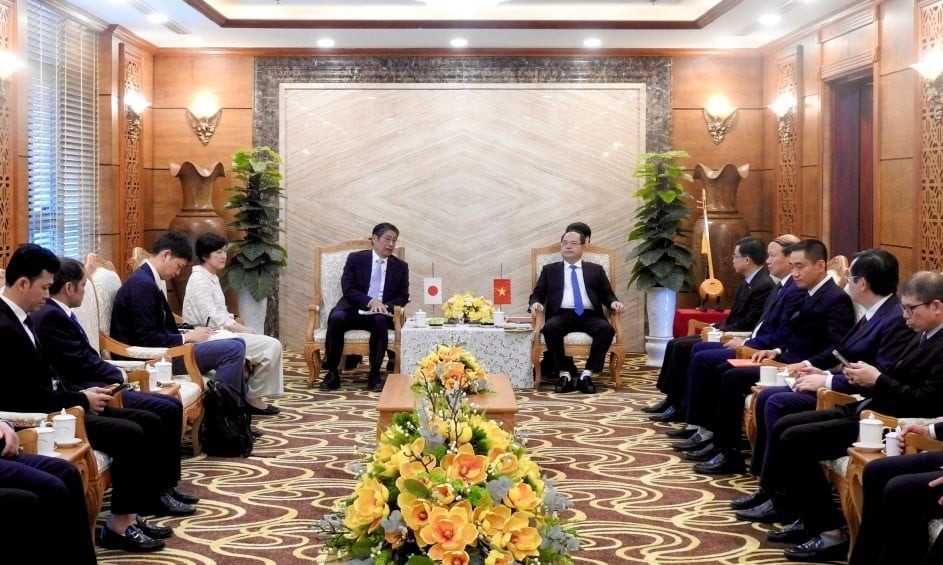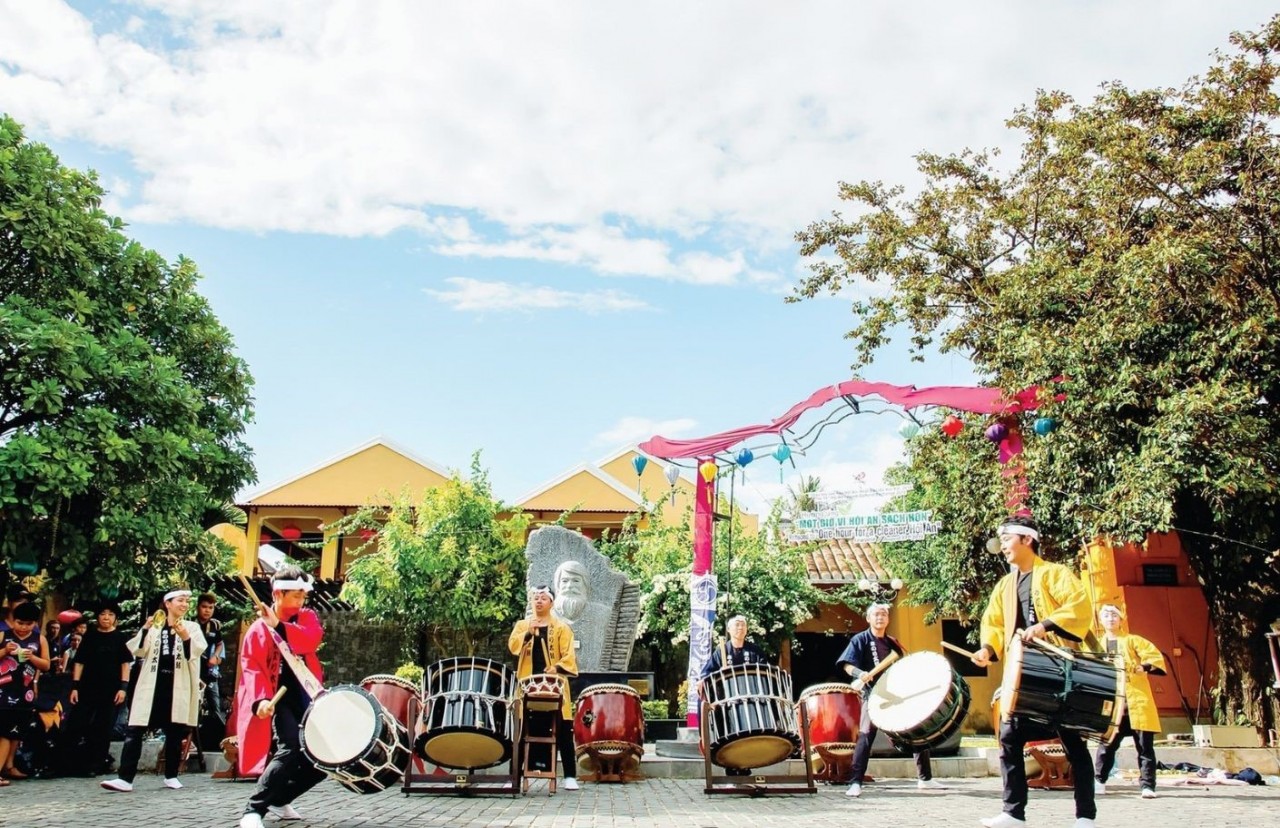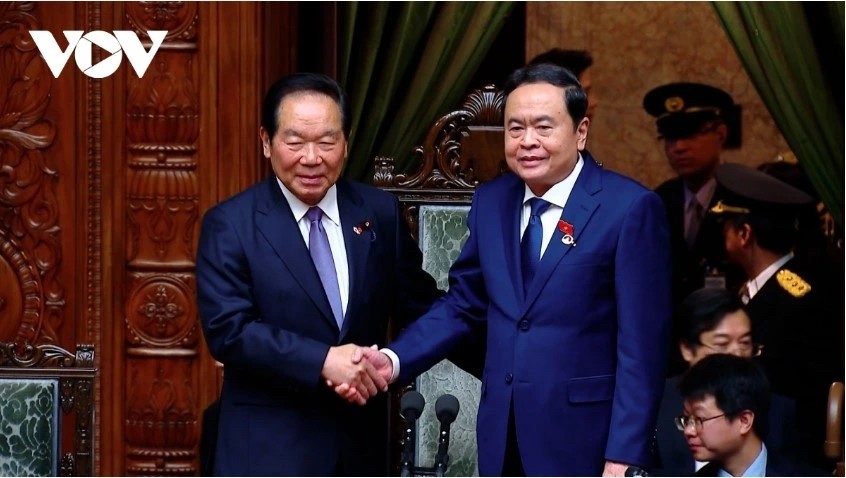Foreign students in Japan refrain from applying for newly created visas due to past illegal overwork
 |
| A Vietnamese man studying in Nagoya says he is refraining from applying for a working visa, fearing the application might be rejected as he has worked over the legal limit for students in his part-time job. Source: Chunichi Shimbun |
Even if they pass the exam for the new visas, they have strong concerns that their past work records could prevent them from obtaining the residence status, although such cases have not been confirmed so far.
Some international students and their employers say the problem lies in the fact that many foreign students have to work more than allowed to support themselves while in Japan, where the cost of living is high and businesses are relying on them to cover a labor shortage.
“I want to reduce my part-time work hours from now even if it might be too late,” said a 23-year-old Vietnamese man studying at a vocational school in Nagoya.
Hoping to work in the restaurant industry, the man passed a proficiency exam to qualify for the new “specified skills” visa in July, but people have told him he shouldn’t file a visa application with the Immigration Services Agency.
The man came to Japan in the fall of 2015 to study restaurant management. His mother got cancer the following year and he became unable to receive financial assistance from his parents.
He worked part time at a convenience store and a restaurant, working nearly double the maximum of 28 hours a week set for people on a student visa under the ordinance for the enforcement of the immigration control law.
“I needed to make a living by myself,” he said.
He has a dream of managing a restaurant in his home country and wants to work in the restaurant sector in Japan with the new visa to acquire know-how. But after passing the exam, he was told by a staffing agency that having worked excessive hours as a student might be a problem.
Now he works fewer hours and covers living expenses on JPY 25,000 (USD 229,84 or VND 5.3 million) a month.
Jin Yokoyama, 49, of Jtown, a Nagoya-based company that supports workers with skills covered by the visa, said he has interviewed some 20 students who passed the qualifying exam, but most have not applied for the visa for fear of being rejected due to working illegally long hours.
A 29-year-old Nepalese man, who consulted another support firm in Nagoya, said his student visa renewal application was rejected because of excessive work hours. He has given up working in Japan with the new working visa and plans to go back to his home country.
“I want to work more in Japan, but it can’t be helped,” the man said.
An Immigration Services Agency official said that generally speaking, a person would not qualify for a visa if he or she violated the ordinance. “We are not sure how many applications were rejected because of overwork,” the official said.
The new residence status was created in April under the revised immigration control law. The government was expecting to accept a maximum of 47,000 workers in the current fiscal year across 14 business sectors, including nursing care and food services, but as of Oct. 25, only 732 people were granted the visa.
The number of people coming to Japan to study, especially from Asia, has increased sharply since the government announced a plan in 2008 to raise the number of foreign students to 300,000 by 2020.
According to the Japan Student Services Organization, the number of foreign students totaled some 299,000 as of 2018, 2.4 times higher than a decade ago.
Yuriko Sato, an associate professor at Tokyo Institute of Technology specializing in foreign student policy, said the number of students from China and South Korea declined after the 2011 Great East Japan Earthquake, and instead more students started to come from Vietnam and Nepal.
This is because many Japanese-language schools and vocational institutions recruited students from those countries, telling them they can study while working, she said.
However, if they follow the rule of working up to 28 hours a week, they can earn only about JPY 100,000 (USD 919,37 or VND 21 million) a month.
Several foreign students said there are cases of students working more than permitted — despite knowing that it is illegal — for various reasons, such as being unable to gain assistance from parents or being in debt.
“There is not one foreign student around me who is working only 28 hours,” said a 26-year-old Nepalese student in Nagoya.
Many of them have part-time jobs in two or more places, and some employers pay them using cash so that their work records won’t be kept.
“In busy times, I can’t run the place without them working long hours,” a restaurant owner said.
Tokyo Institute of Technology’s Sato said: “Instead of placing responsibility only on foreign students, we should focus more on structural problems.”
| This section features topics and issues from the Chubu region covered by the Chunichi Shimbun. The original article was published on November 4. |
Recommended
 World
World
Pakistan NCRC report explores emerging child rights issues
 World
World
"India has right to defend herself against terror," says German Foreign Minister, endorses Op Sindoor
 World
World
‘We stand with India’: Japan, UAE back New Delhi over its global outreach against terror
 World
World
'Action Was Entirely Justifiable': Former US NSA John Bolton Backs India's Right After Pahalgam Attack
Popular article
 World
World
US, China Conclude Trade Talks with Positive Outcome
 World
World
Nifty, Sensex jumped more than 2% in opening as India-Pakistan tensions ease
 World
World
Easing of US-China Tariffs: Markets React Positively, Experts Remain Cautious
 World
World

